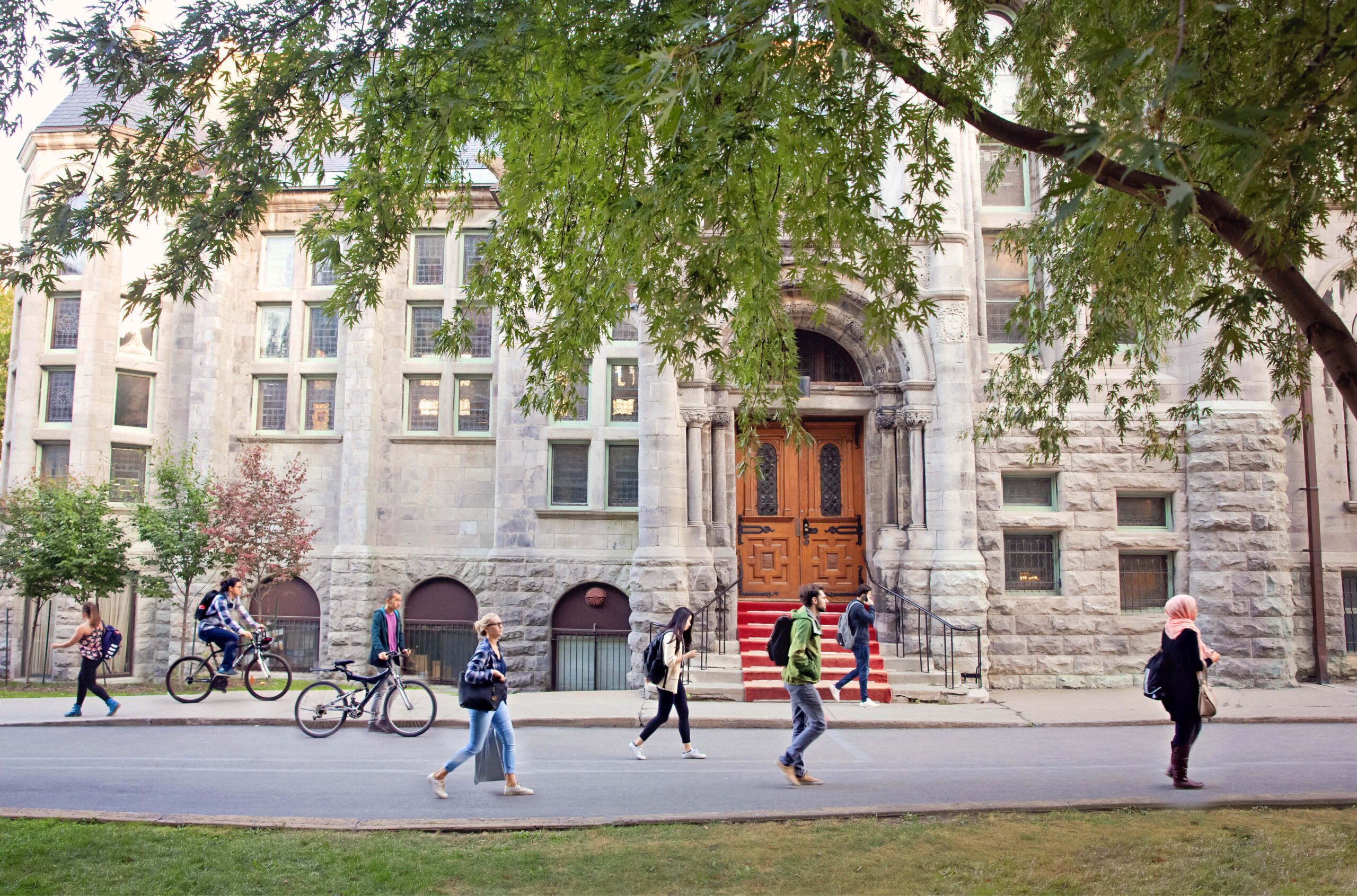Ontario faculty associations welcome Bill C-59
The new bill ensures universities will not be subject to bankruptcy laws – and raises questions about their financial future.

On June 24, the federal government passed Bill C-59, amending the Companies’ Creditors Arrangement Act and Bankruptcy and Insolvency Act to exclude public educational institutions. The bill marks the end of a saga that began in Sudbury in 2021 when Laurentian University filed for insolvency, a move that shocked the postsecondary world.
Amidst staggering program cuts, staff layoffs and intervention from the province, what became clear to advocates is that the original bill, designed for private corporations, never should have been used by a university. Now, as universities across the province face a tough fiscal climate, experts say Bill C-59 brings both relief and questions about a new way forward for long-term financial sustainability at Ontario institutions.
Read also: Laurentian University: What are the takeaways from the last two years?
For Sue Wurtele, past president and current board chair for the Ontario Confederation of University Faculty Associations (OCUFA), the legislation felt like a long time coming. “When you’re living right in it and it hangs over your head and we’ve got the financial situation that’s affecting many of our universities right now, it does feel like a long time.”
OCUFA was at the forefront of advocating for the bill, lobbying the federal and provincial governments and creating working groups to support the various communities impacted by the Laurentian situation. Dr. Wurtele said members were concerned about the message that closed-door insolvency proceedings could send in the wider postsecondary world. “One of our real fears was that we would lose sight of the community value and the social value of universities in this process,” she said.
OCUFA also gave interviews to Ontario’s Auditor General Bonnie Lysyk, who, in addition to producing a special report on Laurentian, produced another on the financial management and potential risks for other small universities.
Read also: Ontario’s auditor general delivers recommendations to four universities
One of them was Nipissing University, about 100 kilometres south of Laurentian. “It felt like everybody was looking at us as being the next university to have that difficulty,” said Kevin Wamsley, who was interviewing for the position of president at the time of the insolvency filing. “Before I arrived, the university did its very best to ensure that it didn’t have a cost problem, and when I arrived, it didn’t – if anything, more investments needed to be made in staff members and into academic departments and research for the university to be successful in the future,” he said.
However, the auditor general report criticized Nipissing for not having balanced their budget in nearly a decade, as well as for not having a long-term plan to become profitable. As part of a plan to address those challenges, Dr. Wamsley proposed the goal of bringing the institution’s international student population from one per cent to 15 per cent, “to realize some revenues that other universities have been realizing for 25 years.”
Still, he acknowledged that it’s not necessarily as easy for Nipissing as it might be for a larger school in an urban centre. Having worked at St. Francis Xavier University in the small town of Antigonish, N.S., Dr. Wamsley said he’s familiar with the unique challenges of supporting a university community in a rural area: put simply, everything costs more, with a smaller pool to draw from.
“The university has a set infrastructure and we need to ensure we are right sized. Do we have the right number of students for our classroom spaces, our recreational spaces, our service spaces? Do we have the right faculty complement and staff complement?” he said. “These are the kinds of important questions that need to be raised when you’re considering short- and long-term sustainability.”
He said Bill C-59 “calmed a lot of nerves”, especially for his university’s various unions, and made the board of governors realize that their decision making processes needed careful attention. “We’re required to be sustainable on a number of different levels,” Dr. Wamsley explained. “This is a tremendous challenge for all [universities’] senior administrations … particularly in light of tuition freezes or freezes to government grants.”
Tom Fenske, president of Laurentian’s staff union, also hopes the legislation will be a wake-up call to university administrations. “Making sure this law doesn’t exist anymore sends a message: trust the unions and work with unions, don’t keep them on the periphery.” He pointed to the reliance on outside financial consultants, at Laurentian and other schools, as a growing problem. “Right now, when [university administrations] are looking at their financial issues, what are they doing specifically in regards to working with the unions, working with the faculty and staff groups? That’s where the conversations should be. There should be more trust, because success is what everyone’s driving towards.”
Both Mr. Fenske and Dr. Wurtele pointed out that universities are sometimes viewed too much like private companies, where unprofitable line items are seen as expendable, when their value can sometimes be more abstract or hard to prove in the short term (Mr. Fenske gave the example of cuts that were made to various environmental programs at Laurentian). Chronic underfunding then creates a catch-22. “We’re underfunded and then they [the provincial government] want us to go find money elsewhere,” Mr. Fenske said.
Dr. Wurtele said now that Bill C-59 has passed, OCUFA is focusing efforts on clarifying and helping re-work Ontario’s postsecondary funding structure. “It’s inadequate, but beyond that, it’s opaque … it’s a system that’s been layered upon over the years and it’s not all clear, and clearly not well functioning,” she said.
She said this is also a moment where the general public should be reminded about the true value of universities – and should never forget the impact on the people behind funding cuts. “It’s easy for folks to move beyond what happened at Laurentian, but we can’t lose sight of how absolutely devastating that was to the university community,” she said. “It’s not just a little blip, and now the university is back up and running and everything is great. It’s going to take generations for that, and those people who were affected, their lives will never be the same.”
Featured Jobs
- Creative and Cultural Industries - Assistant Professor (Fashion Studies and Cultures)Chapman University
- Director – Faculty Bargaining ServicesCanadian Association of University Business Officers (CAUBO)
- Dean, Faculty of Health StudiesBrandon University
- Education - (2) Assistant Professors (English Language Arts and TESL / Curriculum, Teaching, and Learning) (10-month term)Bishop's University
- Emergency Medical Services - Dr. Ron Stewart EMS Clinician Scientist Dalhousie University











Post a comment
University Affairs moderates all comments according to the following guidelines. If approved, comments generally appear within one business day. We may republish particularly insightful remarks in our print edition or elsewhere.